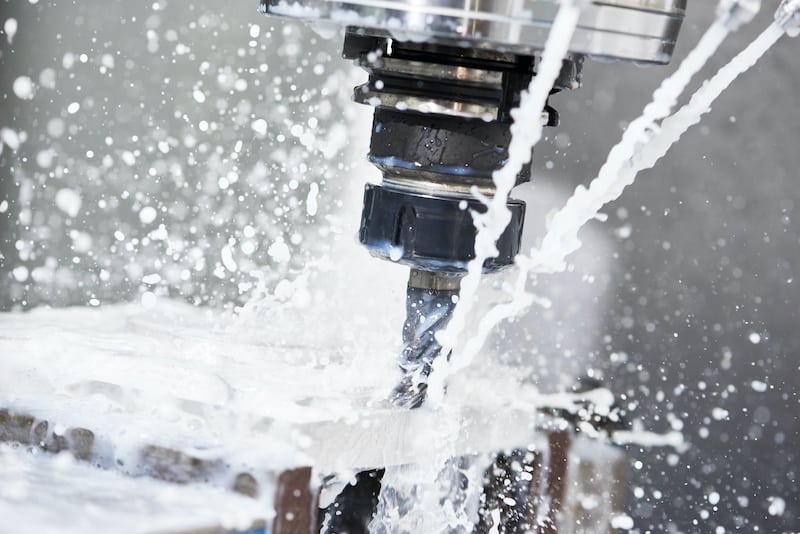CNC (Computer Numerical Control) machining has been a cornerstone of modern manufacturing, and its continued evolution promises to have a profound impact on the carbide tooling industry. As technology advances and new techniques emerge, the future of CNC machining holds exciting potential for revolutionizing the way carbide tooling is developed and utilized.
-
Advanced Materials and Coatings:
The carbide tooling industry heavily relies on the performance and durability of cutting tools. In the future, CNC machining will continue to drive the development of advanced materials and coatings for carbide tools. Innovations in nano-coatings and composite materials will enhance tool life, reduce friction, and improve heat resistance, making carbide tools even more efficient and cost-effective.
-
Precision and Efficiency:
The future of CNC machining is all about precision and efficiency. With advancements in automation, machine learning, and AI, CNC machines will become even more precise and adaptive. This will enable carbide tools to be utilized in highly complex applications, where tight tolerances and intricate geometries are required, with minimal manual intervention.
-
Customization and On-Demand Manufacturing:
CNC machining is ushering in a new era of on-demand manufacturing. As the technology evolves, the carbide tooling industry will benefit from the ability to create highly customized tools quickly and cost-effectively. CNC machines can adapt to produce specific tool designs, even on a small scale, making it possible to meet the unique needs of various industries and applications.
-
Sustainability and Waste Reduction:
The future of CNC machining also emphasizes sustainability. CNC machines are already known for their material efficiency, but ongoing developments will further minimize waste by optimizing toolpath strategies and recycling materials. Reducing waste and energy consumption will not only benefit the environment but also lead to more cost-effective carbide tooling solutions.
-
Remote Monitoring and Maintenance:
Remote monitoring and predictive maintenance are becoming increasingly important in CNC machining. These capabilities will make CNC machines more reliable and reduce downtime for tooling maintenance. The carbide tooling industry will be able to better plan tool changes and replacements, improving overall production efficiency.
-
Increased Collaboration and Knowledge Sharing:
The CNC machining community is growing, and collaboration and knowledge sharing are becoming more widespread. This means that developments in CNC technology can quickly benefit the carbide tooling industry as insights and innovations are shared within the manufacturing ecosystem. As CNC machining techniques and best practices advance, they will be seamlessly integrated into the design and production of carbide tooling.
-
Industry 4.0 Integration:
The future of CNC machining is tightly intertwined with Industry 4.0. Smart factories will utilize CNC machines and data analytics to optimize processes and improve overall efficiency. This integration will enable the carbide tooling industry to produce tools that are better suited for the demands of interconnected, automated manufacturing systems.
In conclusion, the future of CNC machining holds immense promise for the carbide tooling industry. With advancements in materials, precision, customization, sustainability, remote monitoring, collaboration, and Industry 4.0 integration, carbide tooling will become more efficient, versatile, and sustainable. As the industry continues to advance, so do we at Epic Tool.
Want to learn more about what we do? Visit our website today!


